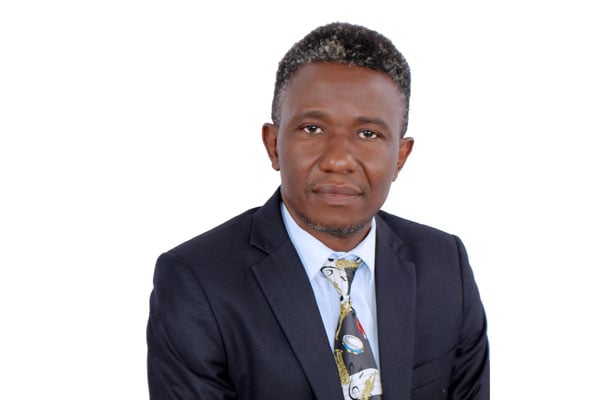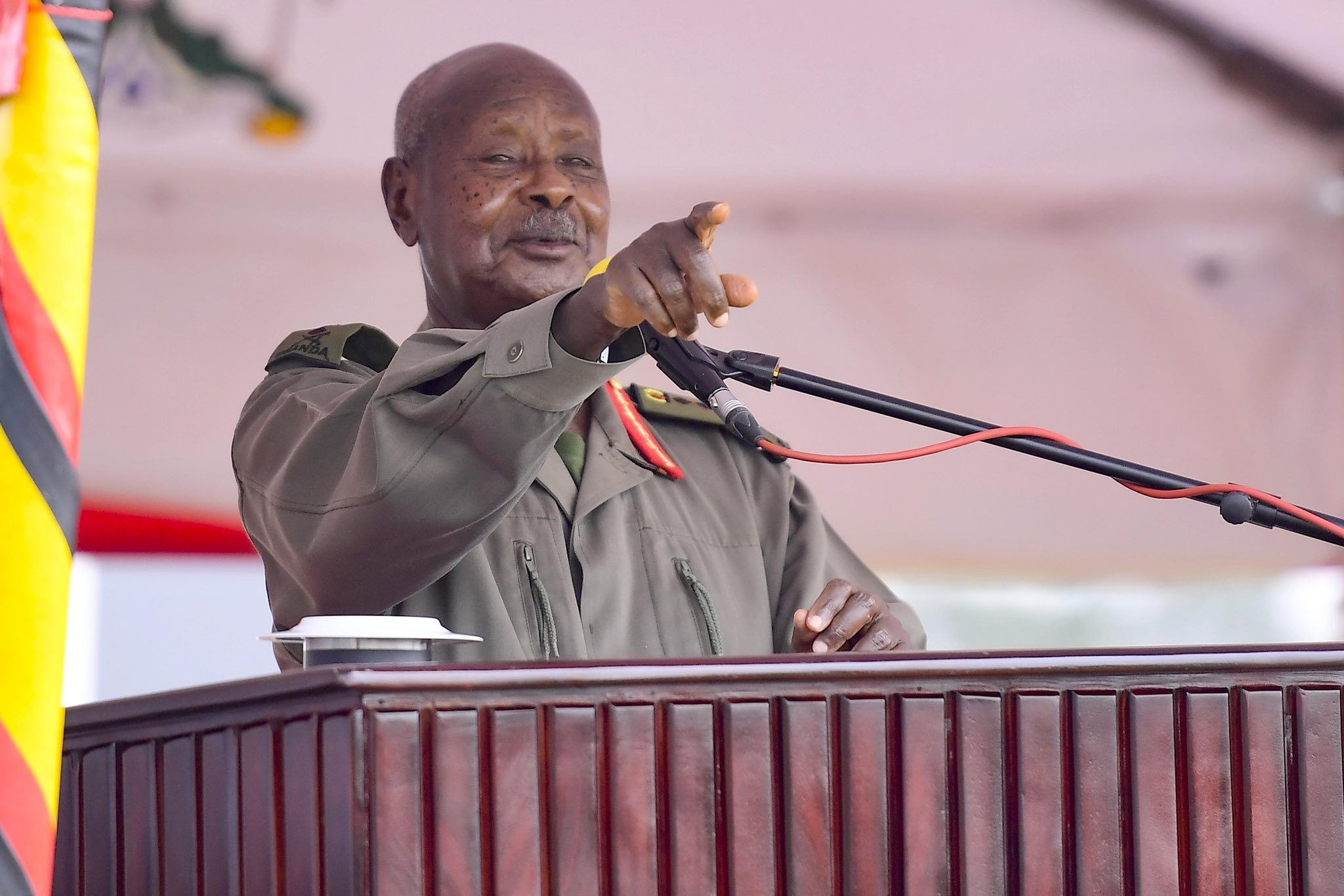
Sam Orikunda
During the State-of-the-Nation Address on June 6, President Museveni assured the nation that he had received evidence that there’s corruption among the politicians and civil servants and went ahead to assure the nation that he was going to crush the corrupt. He actually asked Members of Parliament if he should give the corrupt amnesty, and they responded in the negative.
A few days after his speech, three lawmakers were arrested and charged over budget corruption. A former director of Mulago National Referral Hospital, two MPs and the permanent secretary of the ministry of Trade, among other individuals, were also arrested over corruption allegations.
Several media reports indicate different politicians and civil servants are under investigation by police and other anti-corruption bodies, and the media has been predicting more arrests in the days to come. Meaning that war against corruption is still fresh and still on.
The President has at the same time appealed to the Judiciary on several occasions not to give bail to corruption-related suspects, a proposal lawyers and human rights activists have opposed.
The President, in his wisdom, feels that the culture of giving people bail has failed us in the struggle of fighting corruption. I support the President’s proposal because people who commit crime should feel the consequences of their actions. When we keep playing with them in the name of bail, then we shall not be serious in the war against corruption.
I even feel the corrupt think that when they’re arrested, the next day they will be brought to court and given bail, meaning those who arrested them will have done nothing but a simple waste of time and energy.
Prison rehabilitates people to change their ways and become better citizens. Several lawyers and human rights activists want the President to deal with corruption but how will he do that if they are the same ones advocating for bail. That’s the kind of confusion we are in. We all believe that harsh decisions must be made if we are to deal with the thieves.
Since the State-of-the-Nation Address, the President has been speaking about the fight against corruption.
It, therefore, beats my understanding when Ugandans, especially the youth, doubt the President’s efforts. Some youth even decided to organise march to Parliament demonstrations.
How do you say that nothing has been done in the fight against corruption, yet five MPs have been arrested and charged over corruption? What other action did the people who were organising demonstrations need?
I thought any actions to be done in line with fighting corruption must be done in accordance with the law, and that’s why the President insists on getting evidence before any actions are taken.
Why don’t we, therefore, give the President time and allow him to deal with the corrupt? What has failed since he declared war on corruption? He actually assured Ugandans that the war on corruption is small and winnable because he fought bigger wars.
The President has all it takes to deal with corruption, and he doesn’t need any further reminder of this bad habit but rather the support of citizens and patience. Why are the youth rushing to the streets instead of waiting to see what the President is going to do?
This actually confirms the rumour that those involved could have been bankrolled by enemies of Uganda, who usually take advantage of situations to disrupt the peace.
Sam Orikunda is the deputy Resident District Commissioner for Sheema.




